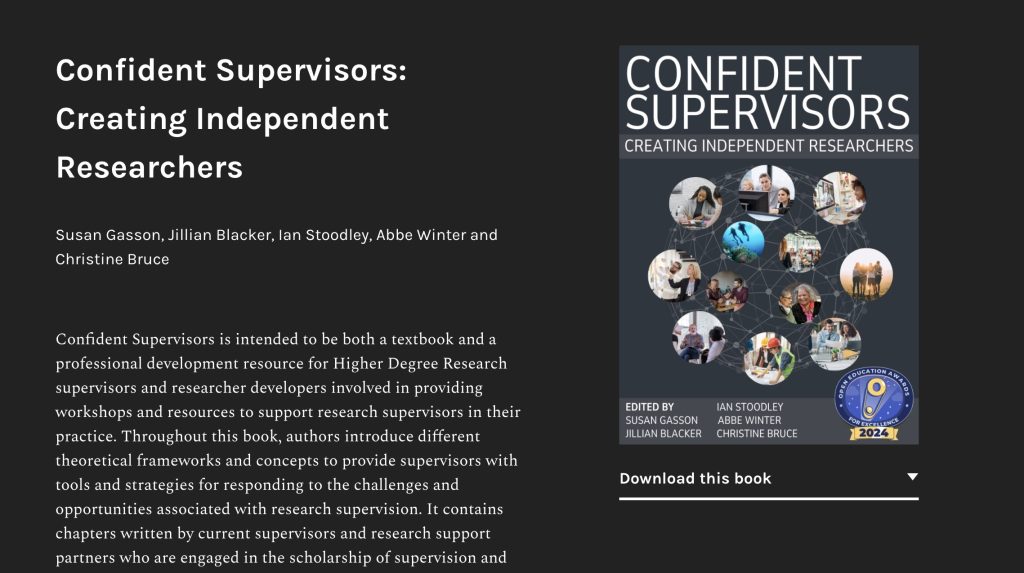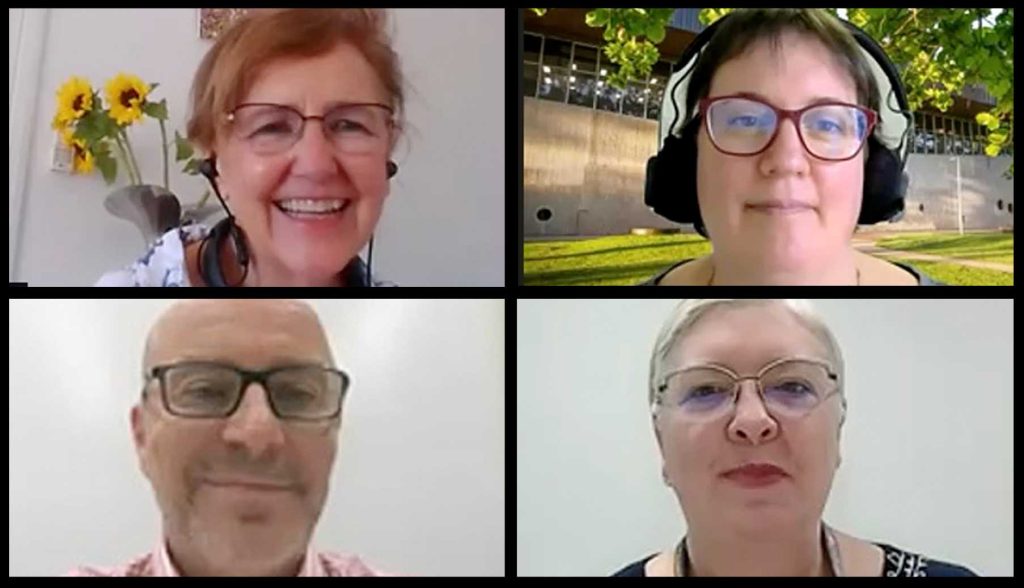Open Education Global’s CCCOER Launches Third Year Supporting Antiracism in California’s Community College Classrooms
Open Education Global is excited to announce that the Community College Consortium for OER (CCCOER), jointly with College of the Canyons, has begun the third year of a program that explores explicit and implicit antiracist teaching practices for faculty at California Community Colleges to consider and implement.
The Open for Anti-Racism program — known as OFAR — is a year-long program that guides faculty on the discovery of Open Educational Resources (OER) and open pedagogy as tools for developing antiracist teaching practices and materials. It begins with a 6-week online course where faculty learn about antiracism, OER, and open pedagogy and produce an action plan to implement antiracist pedagogy the following semester with their students.
“Having students create the materials for the course and reflect on both the process and the product has been magical. I am reaching students in ways I never had before. I’ve never had such a strong classroom community as I’ve had this semester.”
OFAR participant
The program was envisioned in the summer of 2020 on the premise that faculty wanted to transform their classrooms to be antiracist but needed training and tools, and that OER and open pedagogy could provide those tools. Faculty response has been overwhelming with over 300 applications for 17 positions in the first year. Ninety percent of the initial cohort reported their teaching practices had improved and 88% of students reported increased engagement.
The program was envisioned in the summer of 2020 on the premise that faculty wanted to transform their classrooms to be antiracist but needed training and tools, and that OER and open pedagogy could provide those tools. Faculty response has been overwhelming with over 300 applications for 17 positions in the first year. Ninety percent of the initial cohort reported their teaching practices had improved and 88% of students reported increased engagement.
Over the past two years, the program has more than doubled the number of participants it serves, training nearly 100 faculty at 28 colleges. Institutional support for and the impact of antiracist teaching have been enhanced by moving to a college team model. Previous participants are tapped as advisors for new, larger cohorts enabling the program to expand and extend leadership opportunities. Faculty use of OER continues to increase and administrators are making space for participating teams to share their learning.
“In year 3, college teams are exploring student leadership opportunities such as inviting students to be team advisors, participate in workshops, co-present on campus, or create and review antiracist materials,” explains Una Daly, OFAR co-director.
As an openly licensed curriculum, the project is poised to influence any individuals or institutions who wish to download and adopt OFAR’s freely available materials. Multiple institutions have adapted the curriculum to implement antiracist teaching practices in their own systems.
California has the largest community college system in the United States, serving 1.8 million students at 116 colleges. 69% of California Community Colleges students are people of diverse ethnic backgrounds and 47% of students do not pay fees.
OFAR is led by Community College Consortium for Open Education Resources (CCCOER) at Open Education Global and the College of the Canyons, with generous funding from the William and Flora Hewlett Foundation.


